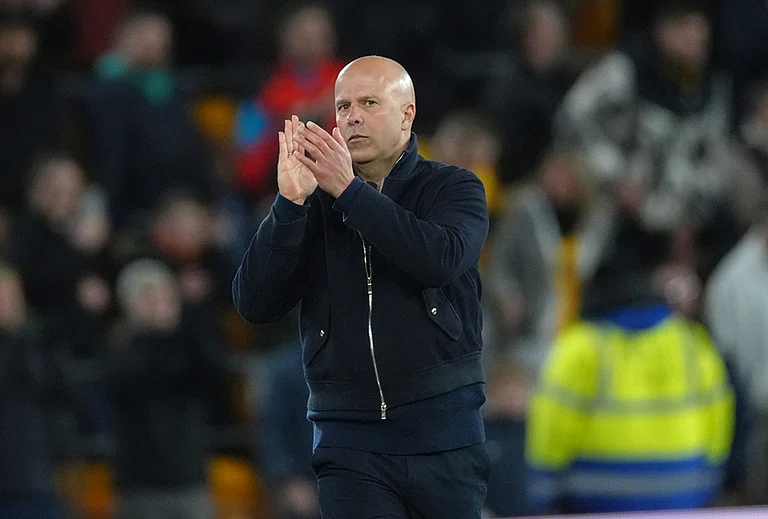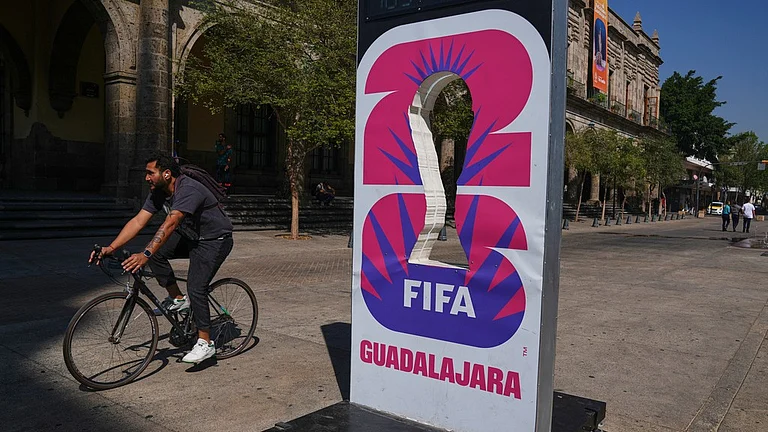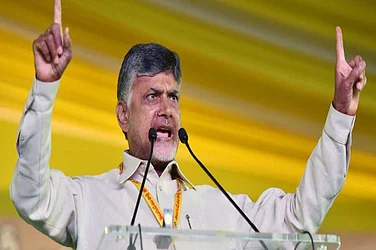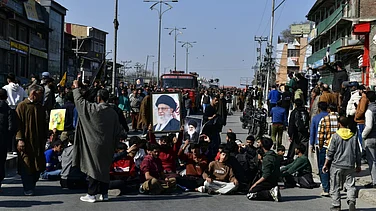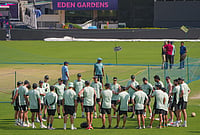‘Finally last tweet from this phone. Delhi police seizure of my phone (sic)’ - these words of journalist Bhasha Singh went viral on X (formerly Twitter) on the morning of October 3, when the Delhi Police raided over 35 locations including the properties of journalists and contributing authors associated with online portal NewsClick. Among those raided reportedly included NewsClick’s editor Prabir Purkayastha, journalists Abhisar Sharma, Aunindyo Chakravarty and Bhasha Singh, and satirist Sanjay Rajaura. A similar action was initiated in Mumbai against activist Teesta Setalvad, who is the director of the think tank Tricontinental: Institute for Social Research, which has written articles for NewsClick.
Police have reportedly seized mobile phones and laptops of those raided on Tuesday morning.
The police’s Special Cell conducted inspections on the properties of eminent journalists and activists in connection with a case registered under the Unlawful Activities (Prevention) Act ( UAPA). The police action comes at a time when the Delhi-based news portal has been accused of receiving illegal foreign funds to allegedly spread a pro-China agenda in India. Previously, in the month of August, cases were registered against NewsClick under UAPA, Sections 153A (promoting enmity between different groups), and 120B (punishment for criminal conspiracy) of the Indian Penal Code.The move, once again, has raised eyebrows over the threat to press freedom in India. Several assemblies of journalists expressed deep concern about the raids on scribes and expressed their solidarity with those detained.
The Press Club of India took to X to write, "The Press Club of India is deeply concerned about the multiple raids conducted on the houses of journalists and writers associated with NewsClick. We are monitoring the developments and will be releasing a detailed statement.” Similar words were reiterated by DIGIPUB News Foundation, which shared, “... deeply concerned about the raids at the homes of journalists connected with NewsClick. They have been detained, their phones & laptops seized. This is another instance of the govt’s pattern of arbitrary & intimidatory behaviour. We are keeping an eye on developments.”
People on X have echoed the fear that comes at the cost of speaking the truth in the current political environment. With no FIR shown to any of the persons detained or taken for questioning, the question arises again - when did journalists become the ‘enemies of democracy’?
Instances of raiding media offices are not new in India, especially in the wake of dissent. Several Indian media houses including The Quint and Dainik Bhaskar have also been ‘searched’ in the past.
According to the latest report of Reporters Without Borders (RSF), 533 journalists worldwide are languishing behind bars. India is not in a position to safeguard the freedom of the press either. As per the reports, India’s rank fell to 161 among the 180 countries in 2023. It has never performed so badly since 1995 when RSF started producing reports on the violence and abuse of journalists across the world. In 2022, India’s rank was 150.
According to the annual prison reports of the Committee to Protect Journalists (CPJ), until December 2022, seven Indian journalists were behind bars - Aasif Sultan, Siddique Kappan, Gautam Navlakha, Manan Dar, Sajad Gul, Fahad Shah, and Rupesh Kumar Singh.The Indian Constitution unlike the US doesn’t directly mention freedom of the press as a fundamental right; it considers it within the ambit of freedom of speech and expression enshrined in Article 19(1) of the Constitution. A month ago, while quashing a ban on a news channel, the SC reiterated, “An independent press is vital for the robust functioning of a democratic republic. The press has a duty to speak truth to power, and present citizens with hard facts enabling them to make choices that propel democracy in the right direction. A homogenised view on issues would pose grave dangers to democracy.”
In an earlier interview with Caravan, NewsClick editor Prabir Purkayastha had said, “Formally, the press freedom is there but then you have different instruments now, to silence the press… And therefore, I think this is a longer battle. And the more difficult battle because the battle is not only retaining our rights but also the minds and the hearts of the people.”
Today is not Press Freedom Day, yet standing on the current crackdown on press freedom and freedom of speech and expression, Outlook celebrates the courage of all those who strive to, come what may, uphold the value of information as a public good.



